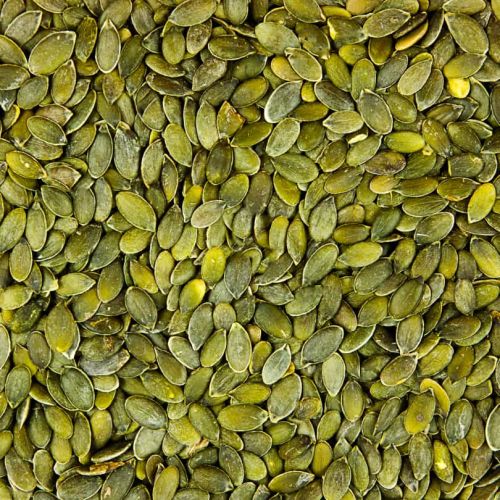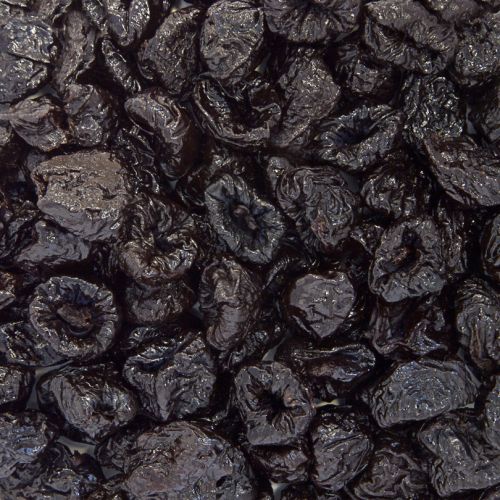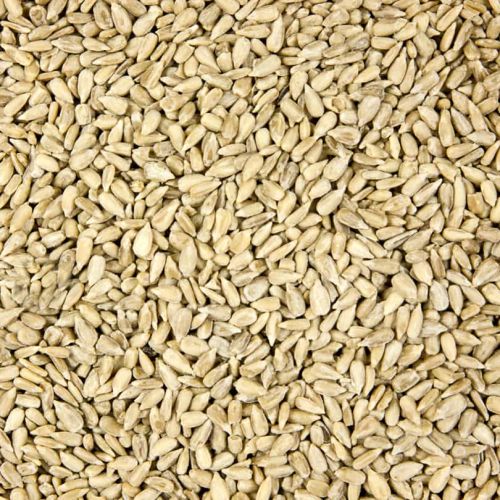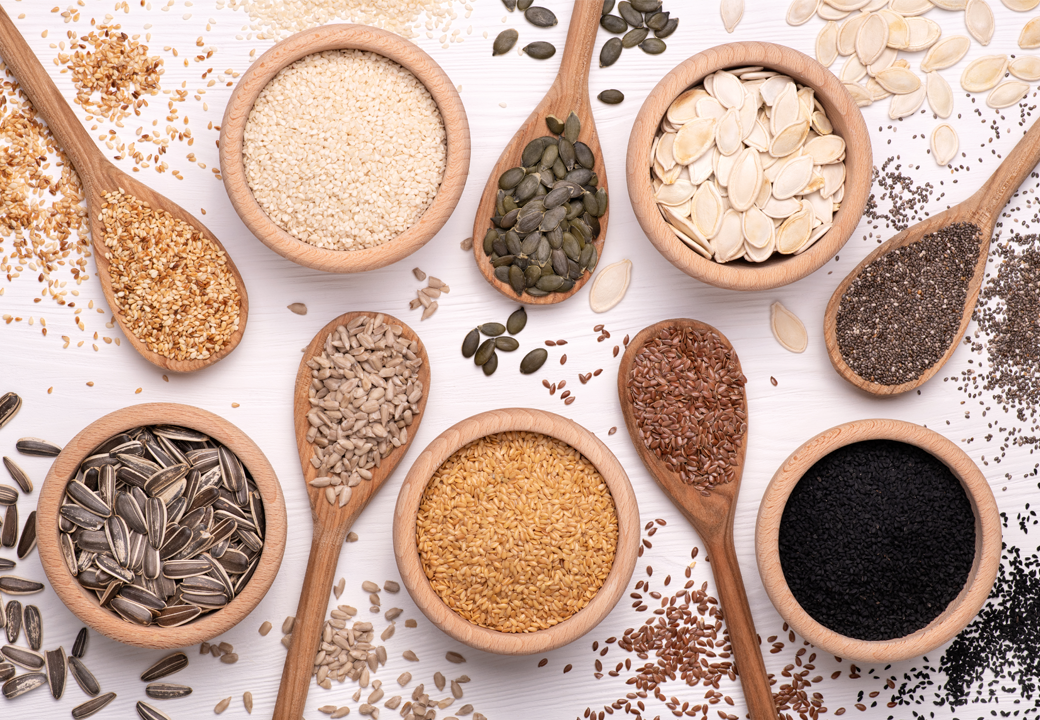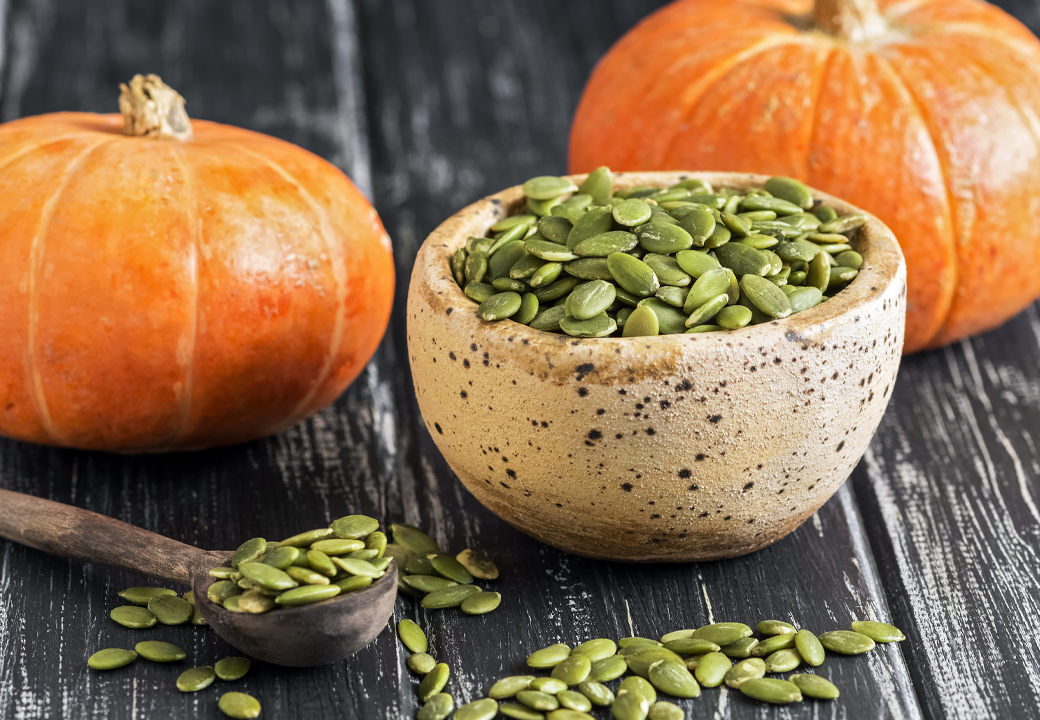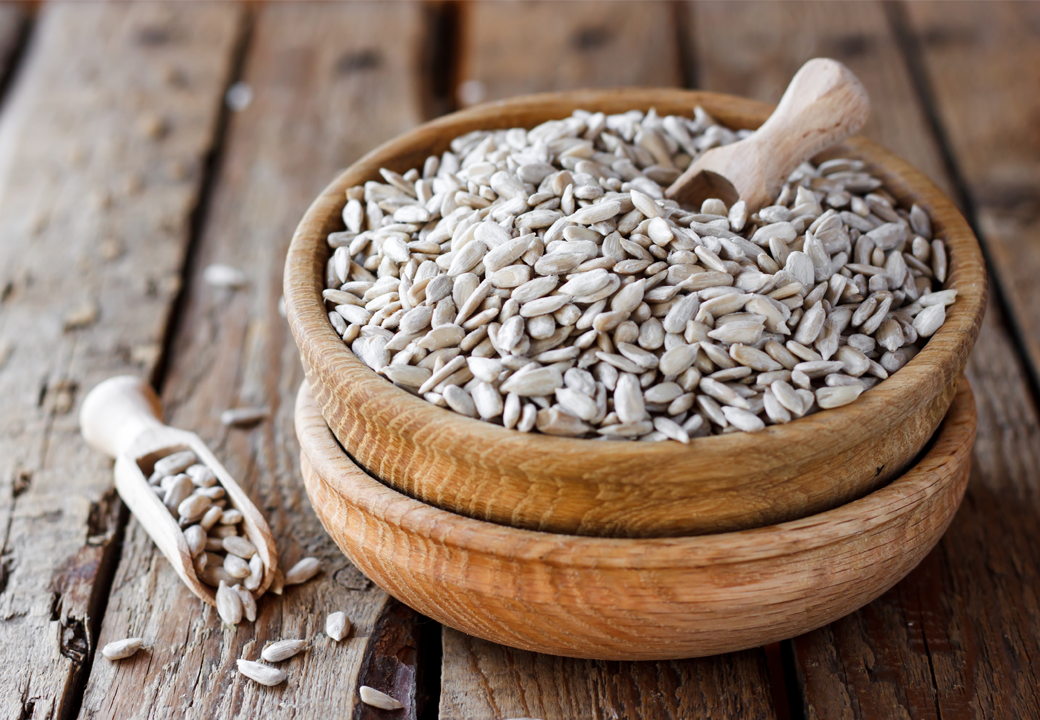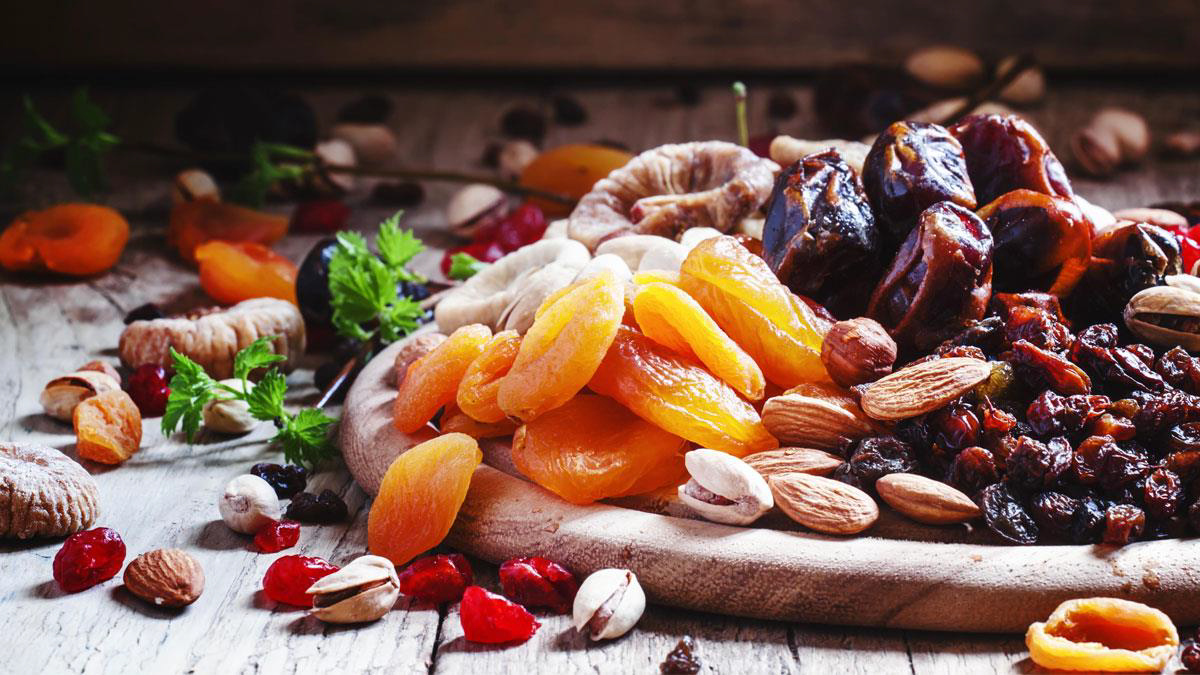
Few of us eat enough fibre. The recommended level of consumption is 30g a day. Yet most of us eat no more than 18g.
Yet fibre can be a life saver.
The NHS says: There is strong evidence that eating plenty of fibre is associated with a lower risk of heart disease, stroke, type 2 diabetes and bowel cancer.”
Fibre can also make us feel fuller, so may help with weight control and a diet rich in fibre can help the whole digestive system operate properly.
There is a vast range of foods naturally rich in fibre. They include nuts, seeds, fruit, beans, lentils and whole grains.
But there is another option. Psyllium Husks are more or less nothing but fibre. In every 100g there are 86.8g of it. Psyllium is the non-botanical name for Plantago Ovata (pictured right) a member of the plantain family found in India.
The plants have white flowers which are followed by seed. The milled outer casings of these seeds are Psyllium husks.
They can be added to smoothies, shakes, juices, cereals or porridge but because they absorb so much liquid it is vital that they are consumed with adequate amounts of liquid.
There are two types of fibre and the body needs both. Insoluble fibre, found in nuts, seeds and whole grains, is not digested by the body and in passing through the system helps move on other digested foods.
Soluble fibre, like that in psyllium husks, dissolves readily in water and is digested. It can also bind with cholesterol in the intestines and carry it out of the body.
